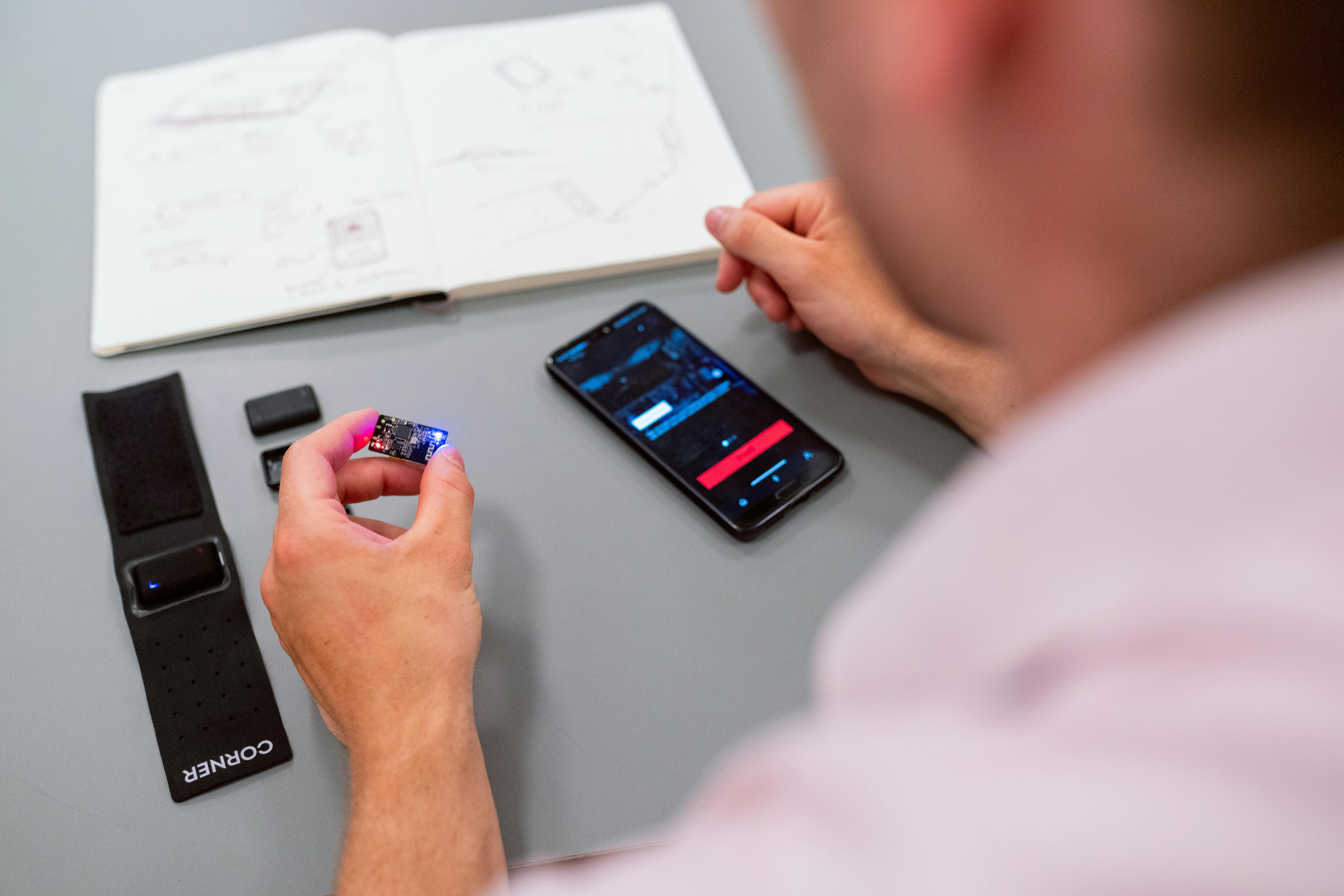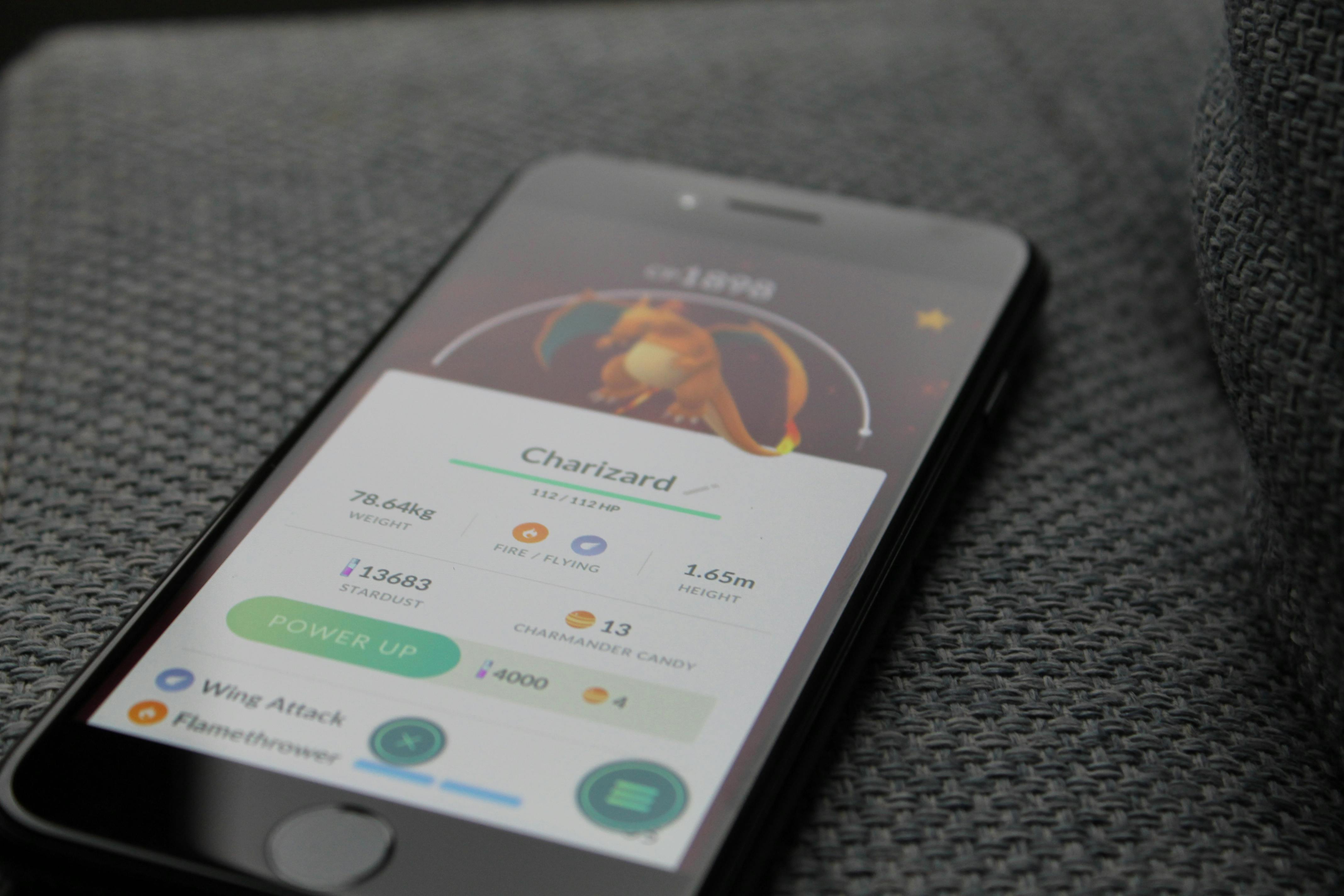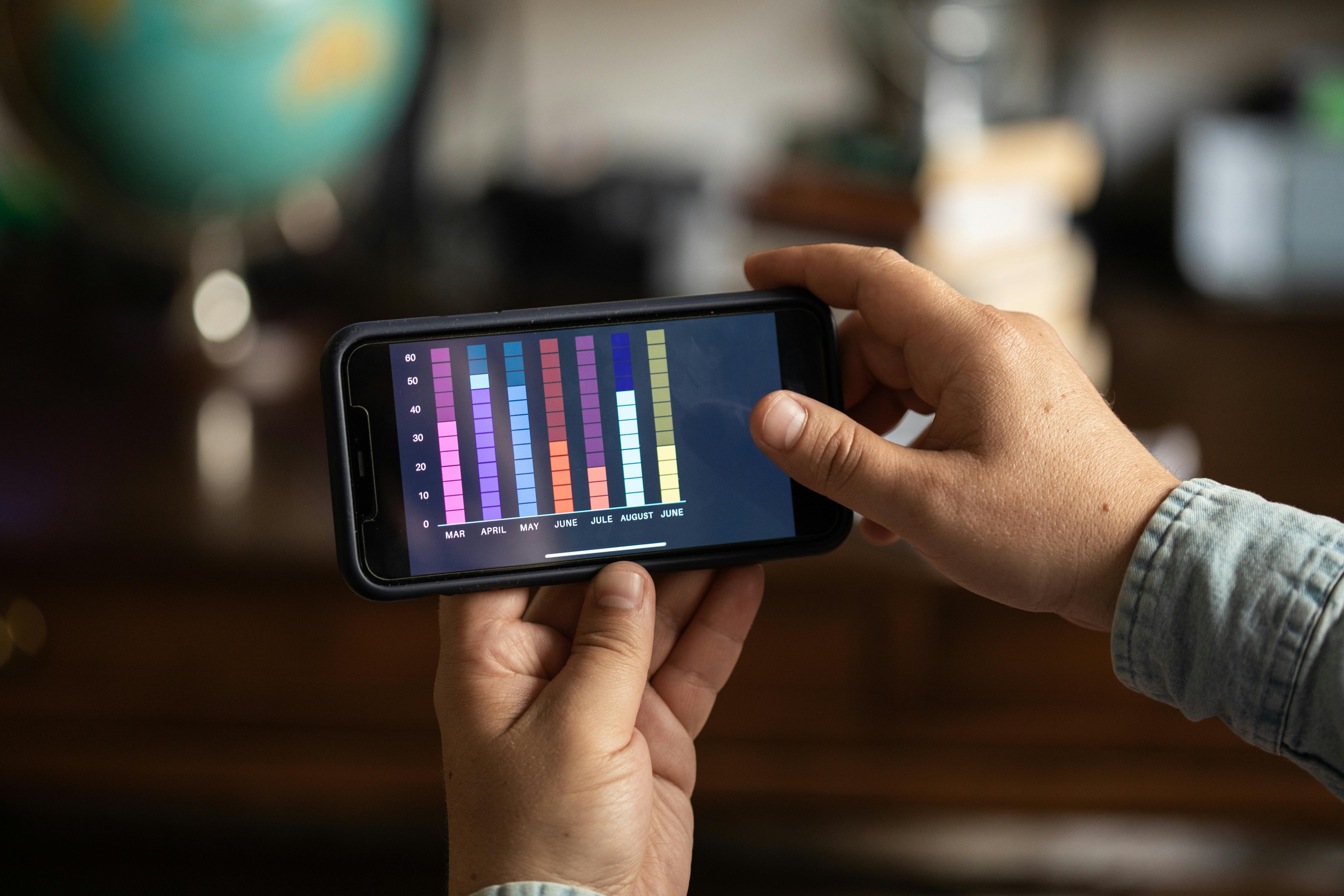App trends: Are mobile, AR, and analytics leading now?

- Low-code/no-code development lets users create apps without deep coding.
- AI/ML enhance app intelligence and predictive capabilities.
- Mobile app security is crucial due to data privacy concerns and rising threats.
- Biometric security measures like fingerprint recognition are increasingly common.
- AR and VR in apps are transforming gaming, shopping, and learning experiences.
- AR is advancing with tools like digital glasses and is used beyond gaming in retail, automotive, and healthcare.
- App analytics tools include Google Analytics, Firebase, and Mixpanel, crucial for performance and strategy.
- Real-time analytics improve app performance and user experience by enabling immediate issue resolution.
- Predictive analytics forecast user behavior, guiding strategic updates to maintain relevance.
English
Are you ready to dive into the world of app trends? In this article, I'll explore how mobile, AR, security, and analytics are leading the charge in app development. Whether you're stoked about new tech or eager to see how apps adapt to devices, this post has something for you. Let's look at the trends changing how we interact with apps and why they matter now more than ever.
What Are the Current Mobile App Development Trends?

Mobile app development is like a fast-moving train. We have low-code and no-code apps now, allowing users to make apps without deep coding knowledge. AI and Machine Learning make apps smarter; they remember user choices and predict needs.
Security in apps is better than ever, with features that keep our data safe. We're now seeing more apps using AR and VR to make experiences exciting. These tools change how we play games, shop, and learn.
New devices bring fresh challenges and opportunities. Apps are getting smarter for foldable phones and smartwatches, too. These changes show how mobile apps are improving and meeting our needs.
For more insights on mobile app development trends, see what experts are saying.
How Is Augmented Reality Reshaping Mobile Apps?

Augmented reality (AR) is changing how we use apps. It makes our world look cooler by mixing real stuff with computer magic. Think about seeing a dinosaur in your room through your phone! AR works in many apps now, not just games.
What Are the Latest Trends in AR Technology?
AR tech is getting better with new gadgets and tools. Special glasses that show digital images are coming out. New apps use these tools to make cool effects. For example, you might use your phone to see furniture in your room before buying it. AR hardware is also easier to use. That means more people can try it in their own apps. Integration tools are improving, meaning developers can add AR features easily.
How Is AR Enhancing User Experience and Engagement?
AR makes using apps more fun and interactive. Imagine painting in the air with your finger using an app. This is possible now, thanks to AR showing us things in creative ways. AR app user interfaces are designed to be simple and fun. They keep users interested by showing new things each time. For example, a learning app might show 3D animals to teach about wildlife. Users like these features and spend more time in such apps.
Where Is AR Being Applied Beyond Gaming?
AR is not just for games. Businesses use it to help customers and train workers. For example, stores let customers see how clothes fit without trying them on. Car companies use AR to train workers to fix cars. In healthcare, doctors use it to practice surgeries. These AR applications beyond gaming make businesses run smoother and better.
In summary, AR is making apps more exciting and useful in many areas. This technology keeps growing and offering new ways to improve our daily lives.
Why Is Mobile App Security a Growing Concern?

Mobile app security is more critical than ever. Our phones hold much of our private data. These devices store personal messages, banking info, and more. As I see it, the threat to this data is rising.
One reason for this rise is the increase in mobile app security threats. Hackers are targeting apps more often. They seek out weak security practices to steal data. This is a real issue since many apps have access to sensitive data.
App data privacy laws are also tightening. Governments want to protect users from data misuse. That's a good thing! But it means developers need to follow new rules and guidelines. These rules ensure that apps handle data safely and legally.
People are more aware of their app data privacy. Users care about where their data goes and how it's used. I think this awareness is driving companies to improve security. They must show their customers they care. Companies that fail to do so risk losing trust and users.
Biometric security measures, like fingerprint and face recognition, are becoming common. These methods are safer than traditional passwords. They ensure that only the right person can access the data.
Another key issue is app infrastructure security. Developers must secure the entire app ecosystem. This includes the code, servers, and networks the app runs on. Each part needs to be locked down against threats. This helps protect personal and sensitive data from being exposed illegally.
There’s a lot to consider with mobile app security. It's a complex world, but one we must navigate carefully. The right security practices can prevent many of the problems apps face today.
How Are Analytics Driving App Performance and Strategy?

Which Tools Are Essential for App Analytics?
When it comes to app analytics tools, some names really stand out. Google Analytics, Firebase, and Mixpanel are key players. Google Analytics helps with tracking user activity and engagement trends. Firebase offers real-time crash reporting, while Mixpanel focuses on user behavior events. These tools give developers insights into how apps are used. They track things like user time on an app and what features are most popular. Choosing the right tool can majorly impact an app’s success by offering specific metrics.
How Are Analytics Optimizing App Performance?
Real-time app analytics is a game changer for improving performance. It gives instant feedback, allowing teams to fix issues right away. This way, user experience remains smooth and fast. Additionally, by monitoring app load times, data usage, and other metrics, developers can adjust and optimize the code. This results in a more efficient app, smoother transitions, and less battery drain. Real-time insights help keep apps in top shape.
Why Is Predictive Analytics Important for App Strategy?
Predictive analytics uses data to forecast future user behavior. It’s crucial for planning an app’s strategy because it helps determine what features users will love next. By analyzing data patterns, developers can predict trends and create tailored updates. For instance, if data shows users tend to open the app in the evening, developers might push updates during that time. Predictive analytics helps keep apps relevant and popular by evolving based on user needs.
Conclusion
Mobile apps are evolving with tech trends like AI, low-code development, and AR. These trends shape user experiences and business innovation. We explored mobile app development, AR, and security challenges. Each trend influences app strategy and user engagement. Security remains crucial as tech advances, needing strong solutions. Analytics guide app performance, revealing user insights. The future holds more shifts, and staying informed is key. Keep an eye on these trends for a forward-thinking approach in the tech world.






